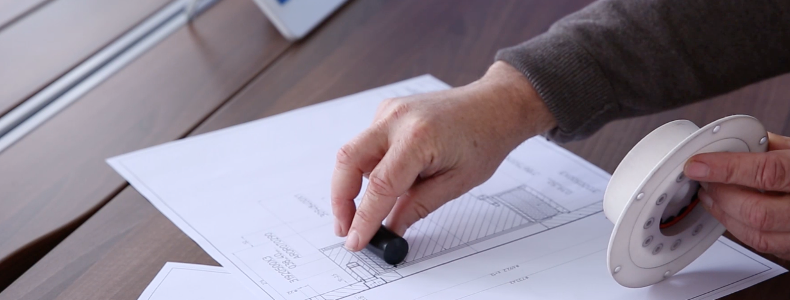Why Communication Matters for Engineers

Details are important for engineers. The smallest discrepancies may have major consequences in their job. Therefore being precise is essential. This applies for the design activity as well as for communication among colleagues: Describing faulty processes and listening carefully to descriptions are everyday tasks of engineers. For these tasks the dialogue is the most obvious tool – yet its importance is underrated.
Engineers are taught to understand complex contexts, to discuss them with the team and to explain them to colleagues in sales, maintenance or purchasing. “Engineers make great teachers”, states Deborah Stachelski – and thus recommends them when it comes to choosing a partner ;-).
Many engineers feel more comfortable with personal dialogue as compared to correspondence. Because in a direct conversation it can be shown how things work, sketches can be made and matters can be described precisely. At the same time engineers are good at listening. They quickly grasp details, ask the right questions and they focus on the person they are talking to.
Active communication is the key
This form of communication is a highly valuable resource. Because the active dialogue exactly meets the demands for specific soft skills which are getting more and more relevant in today’s complex working world.
In addition, technologies provide new frameworks for communication. Discussions among colleagues present at the same place are extended to others via digital media. All attendees have access to relevant data which is either processed in real time or can be obtained from the digital database. Intelligent and high-performing analysis and animation software enables the group to compare and to assess deviations and faults. And everyone should be able to explain developments within his or her area of responsibility by using relevant data and visualization.
Trends such as sustainable management boost cross-departmental interaction
Besides technologies, new corporate goals influence how to and with whom to communicate. The trend towards sustainable and energy-efficient plants requires a dialogue between engineering, maintenance and purchasing. Each field has its specific vocabulary and regulations. The ability to find a common basis and to take fact based decisions is worth its weight in gold. And the precondition for this successful internal cooperation is dynamic exchange with a balance of talking and listening.
The same applies to marketing and sales. All of a sudden technical details of a product are no longer enough. It is all about properly explaining the beneficial way how specific problems can be solved with the product. That is why marketing staff shows up at the shop floor and the design offices to ask engineers questions about physical phenomena and processes. For engineers this is a challenge in communication as well since they have to explain complex matters in an easy understandable way but still correct. Our experience shows: if engineers make use of their abilities to adapt to changes and to meet these new requirements in a productive manner, they will master this challenge brilliantly. In this case it will not be a matter of communication but only a question of finding an appointment.


Comment